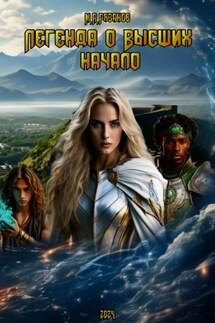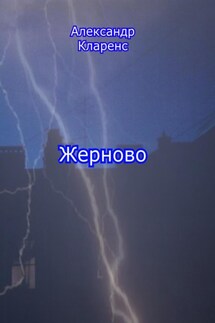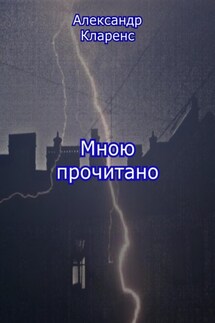Сердце тьмы / Heart of darkness (адаптированный английский B1) - страница 6
Instead of going up the hill, I went down. I wanted the prisoners to be out of sight before I continued. I'm not especially kind; I've had to fight and defend myself many times. I've had to fight back – that's just part of life. I've seen abuse, and greed; powerful, angry things that control people. But here, I sensed a different kind of evil: a mean, weak kind of violence. How bad it was, I only realized much later. For a moment, I felt a warning. Then I went down the hill towards the trees.
I avoided a large hole someone had dug. I couldn't understand why. It wasn't a mine, just a hole. Maybe it was to give the prisoners work. I don't know. Then I almost fell into a small pit where broken pipes were thrown. It looked like someone had broken them on purpose. Finally, I reached the trees. I wanted some shade, but it felt like I'd entered a dark place. The river was nearby, and the sound of rushing water filled the quiet forest. It sounded like the earth itself was moving.
Dark figures lay, and sat among the trees, leaning against the trunks, close to the ground, partly hidden in the faint light. They looked as if they were in pain, abandoned, and desperate. Another explosion at the mine on the cliff shook the ground slightly. The work continued. This was where some of the workers had come to die.
They were dying slowly – it was obvious. They weren't enemies or criminals; they were just shadows of illness and hunger, lying in the low light. Brought from all over the coast under work contracts, they were lost and unhappy in this strange place, eating strange food. They got sick, couldn’t work, and were left to die. These dying figures were free, but very weak. I noticed their eyes shining under the trees. Then, I saw a face near my hand. A man lay with his shoulder against a tree. His eyes slowly opened, and looked up at me – large and empty, a brief flash of white in the darkness. He seemed young, almost a boy, but it's hard to tell with them. I gave him a bread I had. He slowly took it and held it; he didn't move or look at me again. He had a piece of white wool around his neck. Why? Where did he get it? Was it a decoration, a good luck charm, or something else? It looked strange against his dark skin.
Near the same tree, two more thin figures sat with their legs pulled up. One stared ahead, and the other rested his forehead as if tired. Others lay around them in various painful positions, like a scene from a terrible accident or an epidemic. While I watched, scared, one of them crawled to the river to drink. He drank from his hand, then sat in the sun, and finally rested his head on his chest.
I didn't want to stay any longer, so I hurried towards the station. Near the buildings, I met a white man, dressed so nicely that at first I thought he was a ghost. He wore a high collar, a light jacket, white pants, a tie, and clean shoes. He had no hat, but his hair was neat, and he held a umbrella. He was amazing; he even had a pen behind his ear.
I shook hands with this man, and learned he was the company's chief accountant, and that all the bookkeeping was done at this station. He'd come outside for a few minutes, he said, "to get some fresh air." This sounded strange, as it suggested he had a desk job. I wouldn't have mentioned him, except he was the first person I heard mention the name of the man who is so important to my memories of that time. I respected him. I respected his clean clothes and neat hair. He looked like a model, but in this mess, he maintained his appearance. That shows strength. His high collars and clean shirts showed character. He'd been there almost three years; later, I asked him how he kept his clothes so clean. He flushed slightly and said modestly, "I've been teaching a local woman at the station. It was hard. She didn't like the work." He had really achieved something. And he was dedicated to his work, which was perfectly organized.






